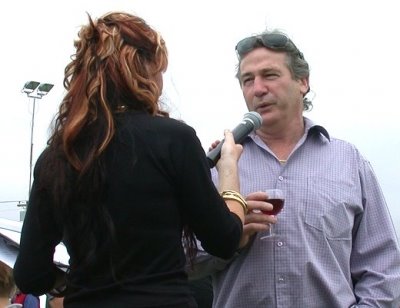
Okay, I have a vested interest in this. Today we have almost secured 1000 Southland lambs to finish and it looks likely that we will have to pay $85 to $90 per lamb.
We have been advised that this price is not likely to drop, and that even if a short sharp cold period puts paid to growing conditions down South, there are just not the lambs in the market, so we consider ourselves lucky if indeed we do manage to secure them, despite the horrendous overdraft it will likely cause!
Alas there are plenty of grass paddocks in Canterbury - a surplus of the recent wet spell that has carved havoc through the harvest season, so competition is hot.
Alliance have advised that they expect we will get over $6 a kilogram in August for them - with some predicting, all going well, that this could hit $6.50.
So while $120 to $135 a lamb seems a good profit, there is a lot riding on the overseas markets in the next couple of months for many of us as these lambs are not on contract - as such.
And for those farmers not able to get lambs and with plenty of grazing available there is not much to be had in the dairy market.
The Otago Daily Times reports that dairy farmers down South are holding off signing contracts as the situation becomes clearer. They know that with all the extra grass around they should be able to barter downwards - as will happen in Canterbury.
It's a situation we will keep our eye on with interest.
Let's hope those in the Northern Hemisphere keep eating at home as the recession bites (even Gordon Ramsay has had to close his posh Paris restaurant as punters save their money and cook at home instead of going out), and demanding our lovely lamb for their Sunday, Monday, Tuesday, all days of the week dinner!




































